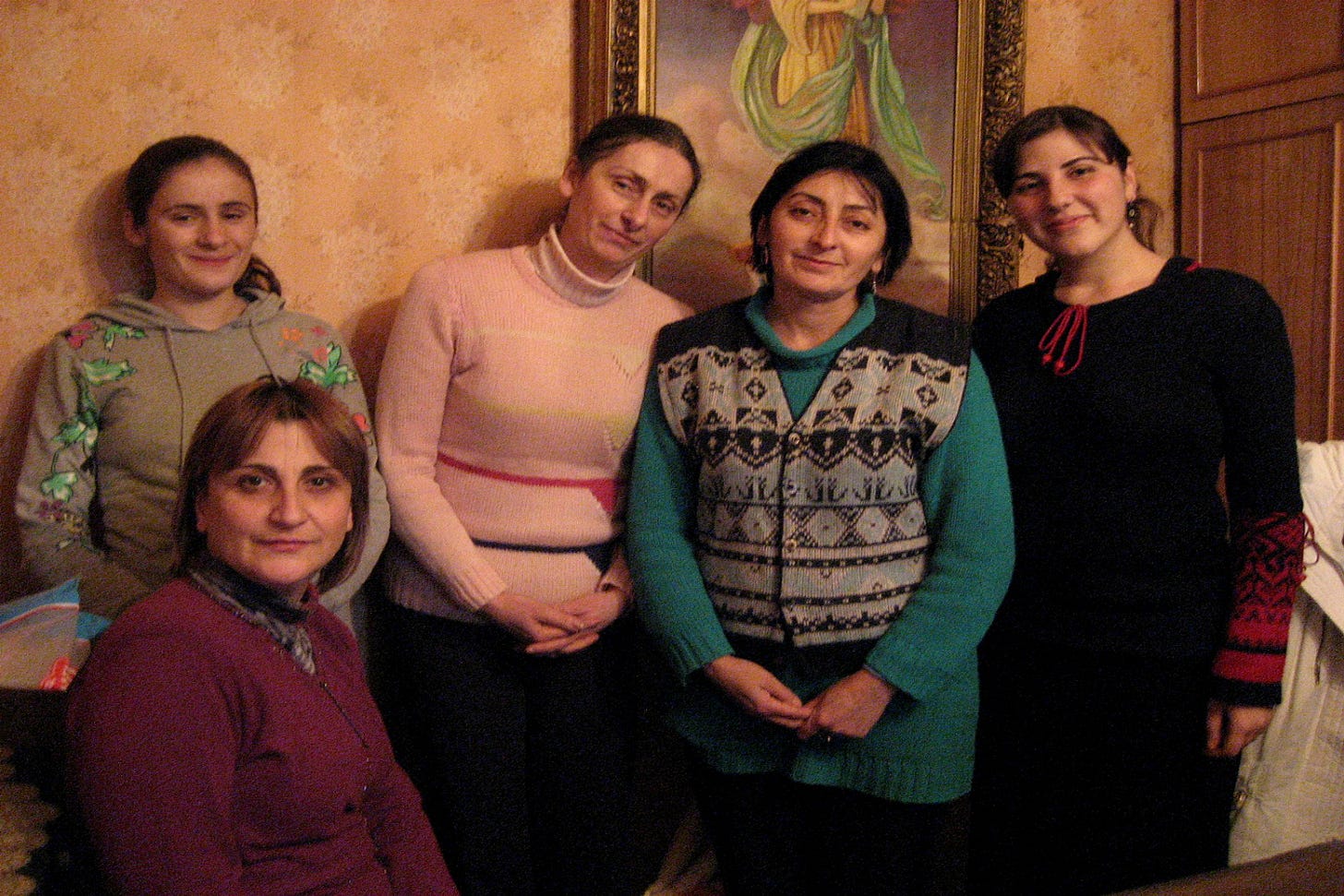How the Caucasians Lost Their Whiteness
Located at the crossroads of the Middle East, Europe, and Russia, the Caucasuses have been influenced by several cultures, but many Caucasians would not be considered white by Western standards.
by Tom Ana
When I lived in Armenia and Georgia, I remember talking with my friend about her cultural identity. “I do not think I am white. I am Armenian and Caucasian. I don't know if that counts,” she once told me. She was not alone in her confusion. I often encountered young people in the Caucasus who were unable to define themselves in the terms that have become the global lingua franca for race and culture.
I myself am white, a mixture of Anglo-Celtic ancestry with Eastern European roots. But the source of my whiteness is not important. In many parts of the world I would be identified as Caucasian, a linguistic placeholder for whiteness. My cultural identity is easy. But when I lived in the Caucasus, I witnessed how many people similar to me found the idea of race to be a complex and ill-defined issue.



